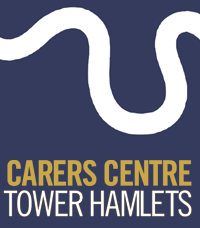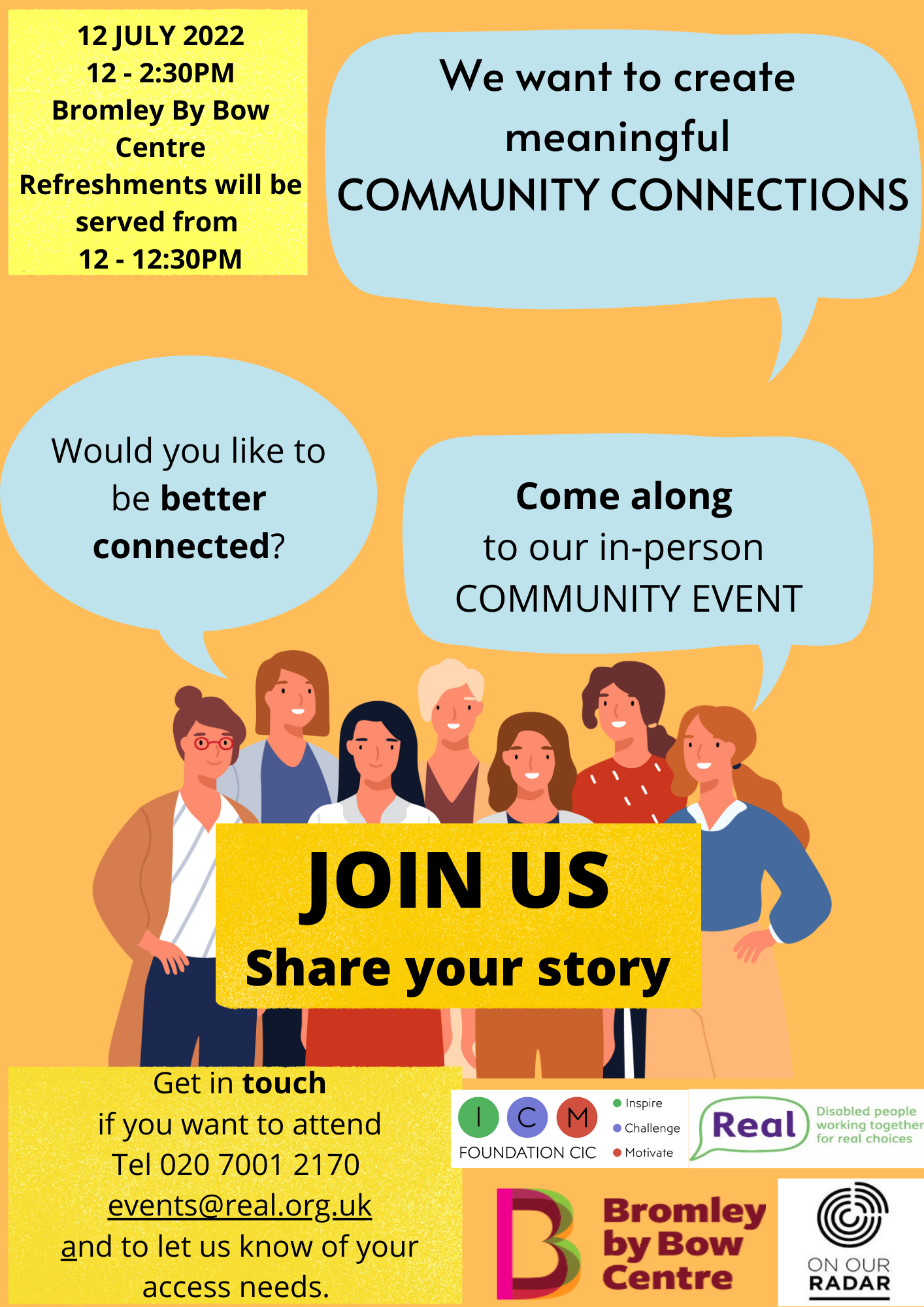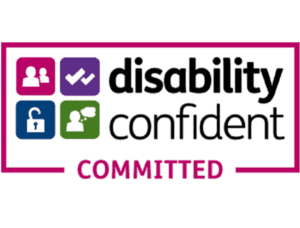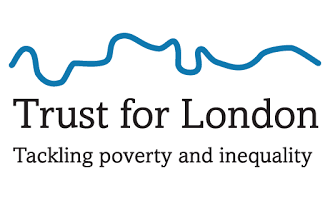Hello Everyone – Is it easy reaching out for emotional support?
Something I have noticed over the twelve years of working at The Carers Centre is how difficult it is for carers to reach out when their emotional wellbeing is taking a nosedive. When I say nosedive, I mean when things are not going well, carers having a bereavement, their children are getting older and moving on or have been teenagers and distant, when carers are having difficulty with their relationships with partners and when the caring role is taking its toll.
Most times we get to hear about this when a crisis has occurred and for the carer, the centre staff it can be difficult to manage, pick up the pieces and move forward in a positive way. I understand how events or issue occur, you do not see them coming but they derail your wellbeing and it is hard to manage other important things in your life, like work, caring, running a household etc.
I tell you this as my partner are running around today as I write this because his Mum has had an emergency operation to remove her appendix, she will be due to come home but his Dad has just tested positive for Covid and returning is now new an option as yet. I am emotionally and practically trying to support him but his parents live in Manchester so doing this long distance is difficult for him and he is worried some what. He did not reach emotionally until I offered him advice and support.
I wanted you to know that we all need emotional support at points in our life, we might need help to manage our own self care, support from peers and professional bodies. Whatever, you feel you need then contact the carers centre as we can help with the caring role with assessment, referrals and signposting. We have a new weekly Tuesday groups that support carers mental and emotional wellbeing, we have mindfulness activities to give you a break from your caring role, as well as creative workshops to get your brain thinking.
The 9 basic emotional needs:
1. Security
We need a safe place—an environment that enables us to lead our lives without experiencing undue fear and that allows us to develop our potential.
If this emotional need isn’t being met: Make a list of things in your environment that make you feel insecure or unsafe, and then identify action steps you can take to change that. Perhaps you would feel more secure if you equipped your home with burglar alarms and new locks. Or perhaps you’re constantly worried about being fired from your current job; you may actually find more peace by quitting or switching jobs rather than remaining in a situation that’s making you feel insecure.
2. Volition
In order to feel fulfilled, we need to feel like we have the power to exist autonomously and direct our own lives.
If this emotional need isn’t being met: Have a frank conversation with your boss or partner or family about where you need to have more control or clearer boundaries. It’s time to be lovingly assertive about this.
3. Attention
Receiving attention from people we care about and giving them attention in return is valuable. Giving attention to your own self is equally, if not more, valuable.
If this emotional need isn’t being met: Prioritize quality time with your partner and friends. Set aside time for it in your calendar. Just because we have friends or partners doesn’t mean we are meeting their needs for attention or that they are meeting ours. It takes effort.
4. Emotional connection
To be emotionally fulfilled, we need to feel connected to other people. We need to experience friendship, love, and intimacy.
If this emotional need isn’t being met: Make it a priority to spend time with your friends or even make new ones. If you’re feeling lonely in your relationship, see if there are ways to create more emotional intimacy between you and your partner.
5. Connection to community
We are social creatures, and our brain is a social organ. We need to feel connected to something greater than ourselves.
If this emotional need isn’t being met: Prioritize spending time with others. Maybe that means arranging a regular coffee get-together in your home. Or can you mentor someone in your field or do volunteer work for people less fortunate than yourself? Can you check in on an elderly neighbour? (Here are a few more ways to form real connections with your community.)
6. Privacy
Mental and emotional well-being require that we have time and space enough to reflect on and learn from our experiences.
If this emotional need isn’t being met: Block out half an hour a day, just for you. Have a long bath or take a walk to digest the events of the day and mentally rehearse for what’s coming up. More sensitive people often require more time to fully digest the stimulation (or overstimulation) of the modern world.
7. A sense of self
It’s not enough to have a group. We need to have a sense of our value within the group dynamics we’re part of.
If this emotional need isn’t being met: Can you gain a special position in the organization you belong to? Can you be the go-to guy for specific information or specialize in an area of your profession? Perhaps you can be the captain of a quiz or sports team.
8. A sense of achievement
In order to maintain our self-esteem, we need to have a sense that we are accomplishing things of value.
If this emotional need isn’t being met: Make a list of all your achievements—awards, qualifications, languages, promotions, giving up smoking, losing weight, or even all the rough periods you’ve survived. You must have skills and strengths that got you through those periods. Remind yourself regularly of these. What more can you achieve? What new goals can you set?
9. Meaning
In the same vein as feeling that we’re accomplishing things of value, we all need to have the sense that we’re part of something greater than ourselves, having a coherent set of beliefs about life and what it’s all for.
If this emotional need isn’t being met: You can find meaning in starting a family, supporting a cause, finding a philosophy/belief system or a political ideology that resonates with you. Somebody once said that the greatest thing about life is that it is meaningless—which gives you the huge opportunity to give it any meaning you want. If you find yourself feeling apathetic, existentially confused, like nothing has any point, focus on the little things—to see the world in a grain of sand. These moments are as meaningful as you want them to be: The pleasure of sipping tea; breathing fresh air; walking and living on a beautiful planet—drink in those moments and let them nourish your soul.
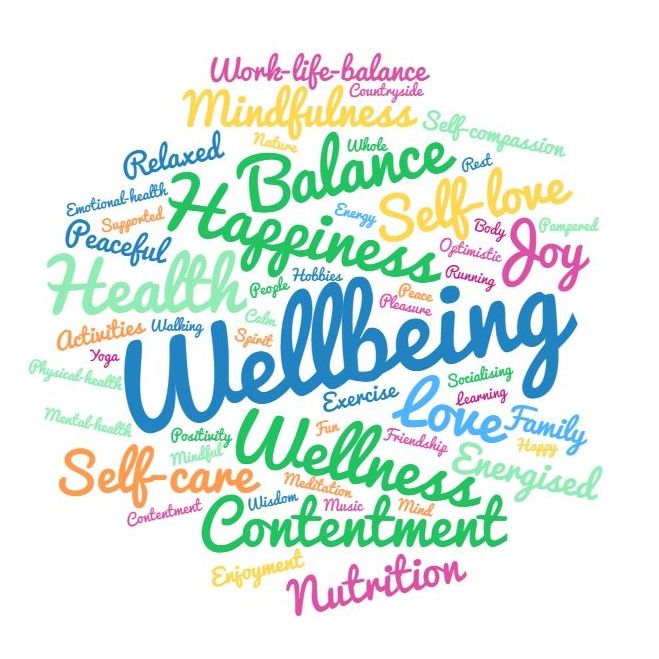

The Carers Centre Tower Hamlets is looking for a Carers Support Advocate
Do you want to be part of a team where you can support unpaid carers to know and access their rights and entitlements?
Do you have skills that can help a diverse community of carers to understand think about themselves, identify their needs and enable them to access the support they need?
Are you able to communicate with a broad range of people either written, verbally and face to face? Are you able to keep excellent records, encourage participants to feedback their experiences and keep up to date records via our database?
We want you to uphold our policies and procedures, be part of our team and attend team meetings and contribute your thoughts, as well as be able to work flexibly both at the centre and in outreach settings.
You will be supported, line managed, and supervised by the Advocacy Team Manager and you can contribute to the direction and aims of the Carers Centre Tower Hamlets.
Please inform us if you need any reasonable adjustment when undertaking this recruitment process.
If this sounds like you then please apply and request a Job Description/ Person Specification and we require you to send a CV with an accompanying statement related to the job requirements and your experience
Click link – Carers Support Advocate | Carers Centre, Tower Hamlets | | CharityJob.co.uk
]
Do you have a story of how you connected with other carers
We need you to come and tell us your story of how you connected to another carer, friend or family member during the Pandemic or other crisis.
Did you feel isolated, lonely and need others?
Did you join a WhatsApp group?
Did/do you join an activity that made you feel connected?
If so we want to hear your stories and why not come and tell your story at our weekly Art, Craft and Conversation group?
Email tony@cth.org.uk or Audrey@ccth.org.uk for more information and join the group and if you know Lisa she will tell you about the group
Next Weeks Activities …
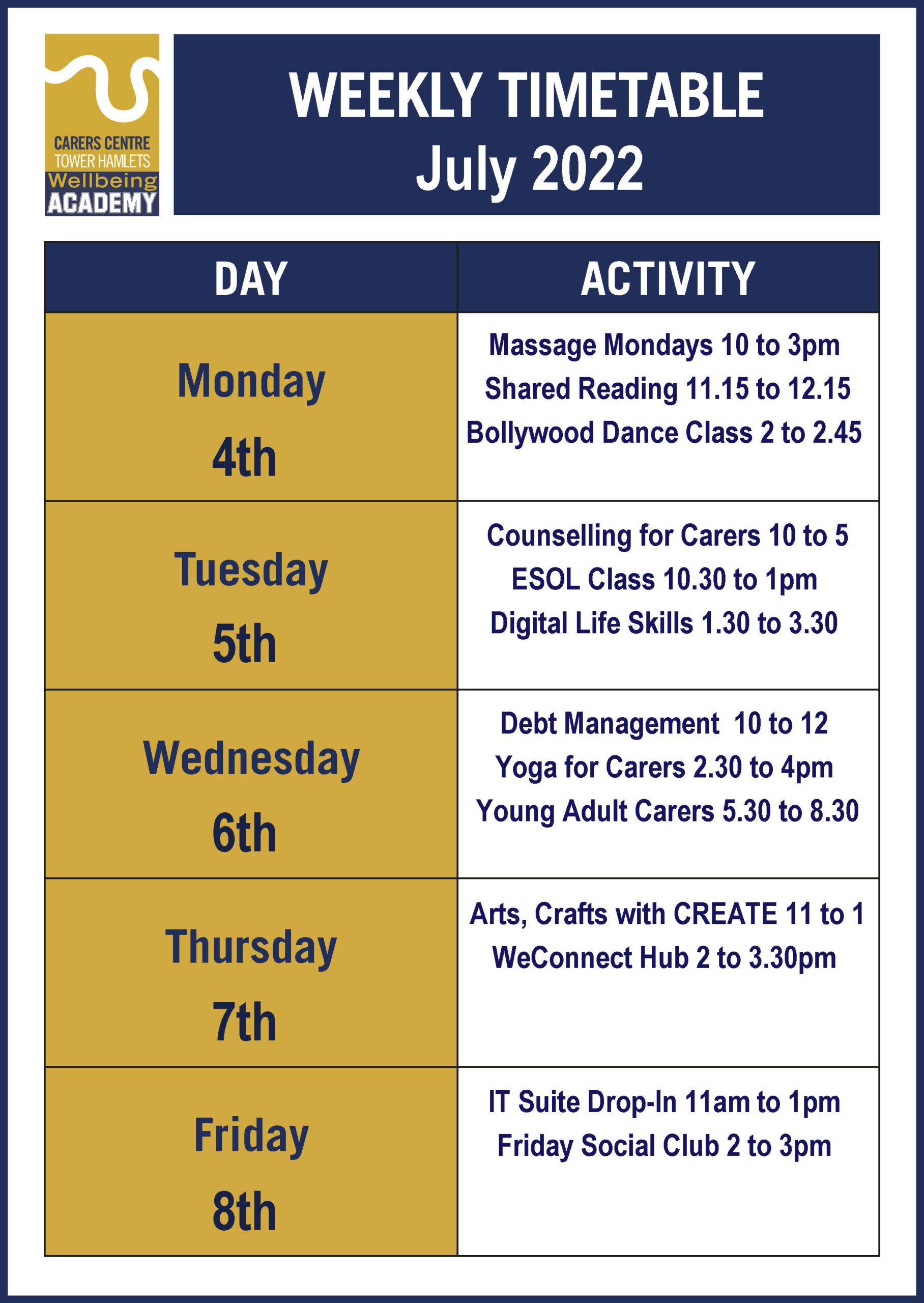
Check out the https://ccth.org.uk/new/calendar/


Our vision is to build a harmonious and creative community in Bethnal Green
Vision, Mission and Values
Oxford House was originally created as a centre of religious, social, and educational work among the poor of East London; and to undertake and carry on religious, charitable, social, and educational work in London and elsewhere. It included creating youth clubs to engage/educate, a poor man’s lawyer to provide legal advice, labour exchanges to find work and adult education for those denied an education As the neighbourhood has changed, our approach has too and today we focus on community, arts, health/wellbeing and Somali arts/culture. Needless to say, we remain as committed and proud of the neighbourhood as ever.
Our Vision is to build a harmonious and creative community in Bethnal Green.
Our Mission is to provide a community-led, inspiring, diverse, and sustainable multipurpose arts space.
https://www.oxfordhouse.org.uk/whats-on/


Why do you need a Lasting Power of Attorney?
Does the person you look after making their own decisions but want help managing their money? Maybe they can make their own decisions now but want an arrangement in case they can’t in the future. Without a Lasting Power of Attorney (LPA) your family may need to go to Court. This can cause lots of hassle, delay, and expense.
There are 2 types of Lasting Power of Attorney; finances & property matters and decisions about health and care.
Why should you do it now?
- 1 in 3 of us will suffer dementia
- Many of us will retain mental capacity, but will physically struggle to manage our affairs at some point in our life
- Being married or asking your chosen person to act for you is not enough – you need to legally give them the power to help you
- If you leave making your Power of Attorney until you need it, it will be too late.
Carers Centre Partners
The Carers Centre Tower Hamlets is pleased to work in partnership with respected Law firms to provide carers with affordable support with LPA.
Jones Whyte are a Glasgow based multi award winning Solicitor firm and the reigning Law Firm of the Year 2021
- They prepare thousands of Powers of Attorney every year
- Have partnerships with many major national charities
- They offer competitive Power of Attorney fees £349 + vat
Carers Centre staff can refer you, or you can contact them yourself on 0330 175 1234 or email appointments@joneswhyte.co.uk
You can find our more about Jones Whyte here Power of Attorney – Solicitors Glasgow | Jones Whyte Law
Duncan Lewis Solicitors – “We believe in access to justice for the most vulnerable in society and do everything we can to ensure legal advice and support is available for those who need it most”.
Duncan Lewis Solicitors are a national firm with offices locally.
- They prepare thousands of Powers of Attorney every year
- They are available for face-to-face appointments at their local office (1 Kingsland High Street, Dalston, Hackney, London, E8 2JS) or surgeries at the Carers Centre if requested
- They offer competitive Power of Attorney fees £350 + vat
Carers Centre staff can refer you, contact us on 0207 790 1765 or at enquiries@ccth.org.uk
You can find out more about Duncan Lewis here https://www.duncanlewis.co.uk
Most solicitor firms support with LPA and carers are under no obligation to use either firm listed above and are free to seek support from any firm they choose.
What is I do not want to pay for support with LPA?
We also provide workshops and information for those who want to set up an LPA themselves, many people set up LPA without legal support. You can check our Calendar or give us a call for updates on our latest workshops.
You can also see the information links below for information.
Different ways to manage someone’s affairs
Call us on 0207 790 1765 or email enquiries@ccth.org.uk to find out more about LPA.

Check out a new free course that has just been launched that focuses on carer wellbeing. It is called ‘Physical activity for health and wellbeing in the caring role’ and has been kindly endorsed by the Carers Trust. The course is 6 hours in length and learners can achieve a ‘badge’ on completion of the end quiz, and this can be added on a CV to evidence their learning/continuous professional development. We hope that it will be helpful to those working with carers, including carer centre staff, those supporting carers less formally and importantly carers themselves!
A carers guide to home fire safety
A new video resource has been launched on the London Fire Brigade website to help carers learn how to keep people that receive care safe from fire.
Sadly, around one third of those here who die or are severely injured by fire are in receipt of some form of care or support. If you are a formal (domiciliary care worker, support worker or clinician) or informal carer (family member, friend or neighbour) and are caring for someone in their own home, this new resource will help you identify fire risks and show you what you can do to reduce them. There is also more information available on the website around fire safety and prevention.
Watch the video >
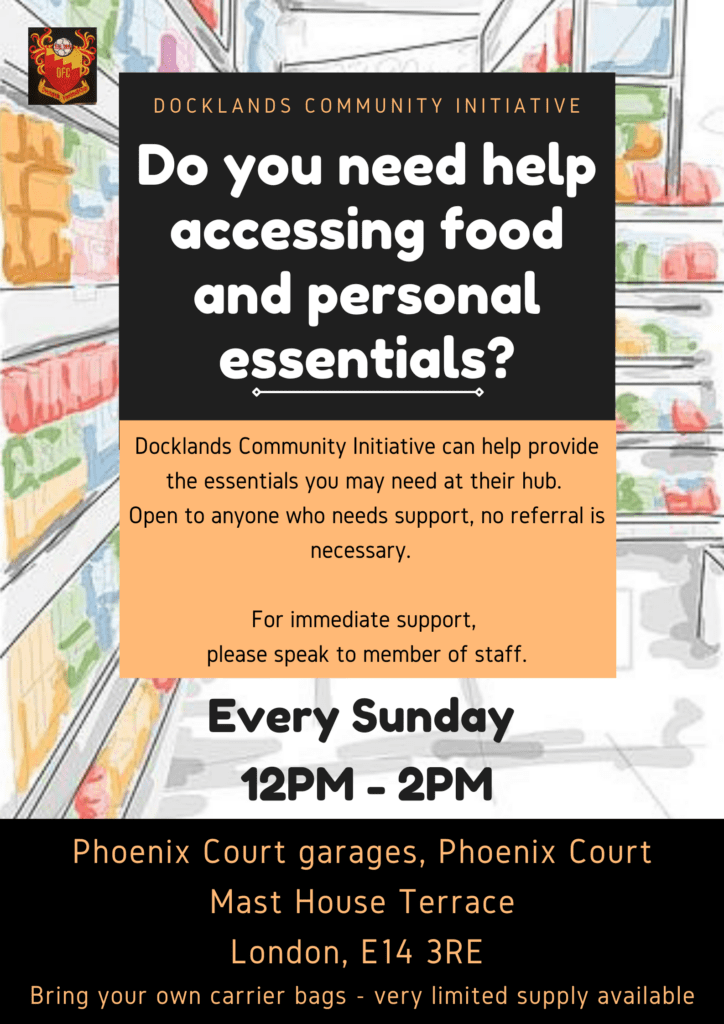
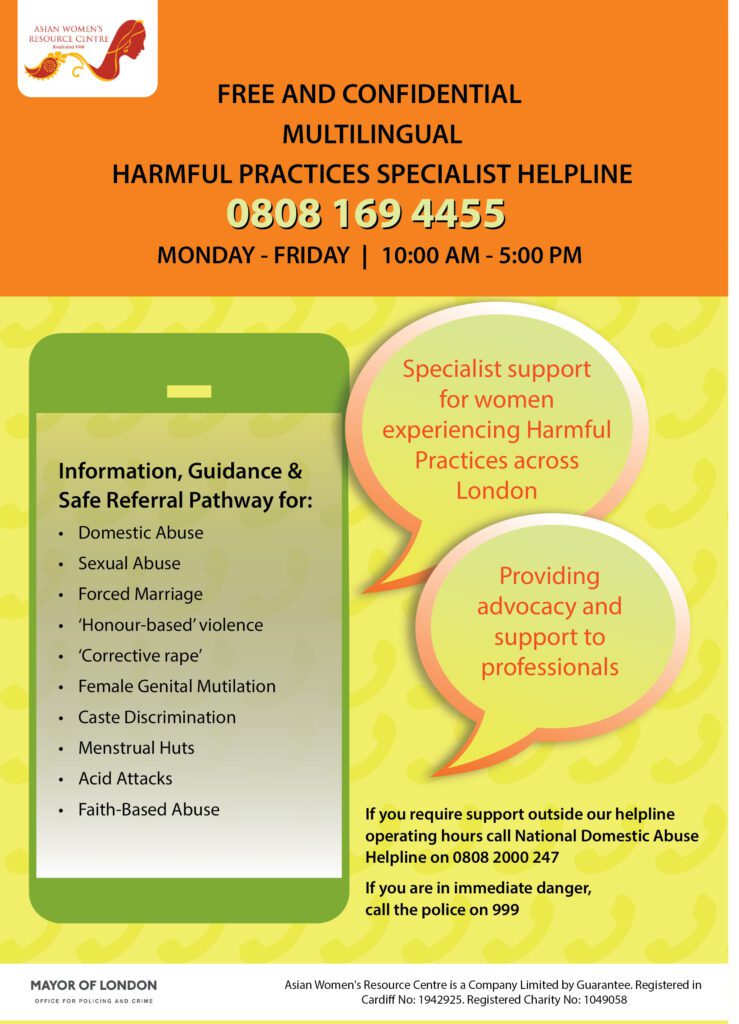

WALKING ALONE? REMEMBER THESE 10 TIPS
1) Plan Your Route
Make sure you plan your route ahead of time. If you are walking in an area you are not familiar with, this can help keep you from getting lost. You will be able to walk with confidence. If you do get lost, don’t wander aimlessly, find a gas station, supermarket, or fast-food restaurant where you can ask for directions.
2) Make Sure Someone Else Knows Your Plans
Don’t go out when it is dark without telling someone, even if you are just taking the dogs out for a walk around your neighbourhood or walking home from a friend’s house nearby. It may seem paranoid, but in fact, knowing someone knows where you are can be reassuring and help you feel safe. If you fall and hurt yourself or run into trouble, and someone knows where you are, they can send help if you don’t arrive at your destination on time.
3) Always Carry Your Phone with You
Always carry your phone, but not for music or to make social calls as your walk. Your phone can be a lifeline if you see something suspicious or worse if something happens to you. Download a safety app on your phone, so you’ll be able to discreetly alert the authorities if you feel threatened or see something suspicious.
4) Avoid Suspicious People and Areas
Areas that are dark, deserted, or out-of-the-way, such as an alley or a parking lot, can be riskier than a well-lit area full of people. Stick to busy, lighted paths, to minimize the risks. Also, walk mainly in familiar places where you are known. That way, if you feel like a suspicious person is following you, you can always duck into a store you know or knock on a neighbour’s door. Avoid empty streets and pathways with thick shrubbery.
5) Keep Your Hands Free
Except for a flashlight and one of the items discussed below, keep your hands free. If you are carrying anything, put it all in one bag or backpack. This will make it easier for you to react if you notice someone following you. In a dangerous situation, carrying too many bags can keep you from moving as quickly as you can if your hands are free or if you only have one bag.
6) Carry a Non-Violent Deterrent
In addition to a flashlight, carry a non-violent deterrent such as a whistle, mace, or pepper spray. A whistle will help you alert others and call them to aid you if something is wrong. The loud noise may put off attackers, and they’ll move on to find someone else. Mace or pepper spray can give you enough time to evade a potential attacker, and in a pinch, a flashlight can be used as a weapon. Make sure you know how to use the mace or pepper spray to get its full effect.
7) Wear Reflective Clothing to Prevent Accidents
When it comes to personal safety, it’s not just about suspicious people. Areas with low visibility can be prone to accidents. Reflective clothing allows bikers and cars to see you as you walk along. A flashlight or headlight can also help drivers see you if there are dark stretches of road on your route.
8) Take a Self-Defence Class
When fighting off something as an assault, the element of surprise can work in your favour. If you regularly walk alone, take a self-defence class. You don’t have to become a black belt. In fact, it’s probably better to learn something like Krav Maga, which has been popular for self-defence. The idea is to disable your attacker enough for you to get to safety, and a class focused on self-defence will help give you those survival skills.
9) Remove Any Distractions
Keep your phone in your hand in case you need to hit the panic button on your safety app, but don’t let it distract you. When walking alone at night for exercise, music can be motivating and energizing but also distracting. You may not hear someone driving or walking up behind you. Avoid wearing headphones or talking on your phone as you walk.
10) Trust Your Gut
When walking alone at night, trust your gut. If you feel like an area or situation may be dangerous, don’t wait around to find out. Stop and scan your surroundings if you think someone is following you. If you are being followed, walk as quickly as you can to a well-lit public place. You can wait until you feel safe, or call a friend, a taxi, or an Uber to help you get safely get home at night.
Following these personal safety tips will help keep you stay safe when walking alone. Always be aware of where you are and alert to suspicious activity.

Important Numbers:
Domestic Violence Duty Line: 020 7364 4986 between 9am – 5pm.Victim Support: 020 7364 2448/7957
Just wishing everyone a peaceful, safe and week and remember if you need information and advice from the Carers Centre just email enquiries@ccth.org.uk
Tony Collins-Moore
Carers Wellbeing Academy Manager

Opening hours
Monday - Friday – 9.30am – 5pm
Saturday and Sunday – Closed
